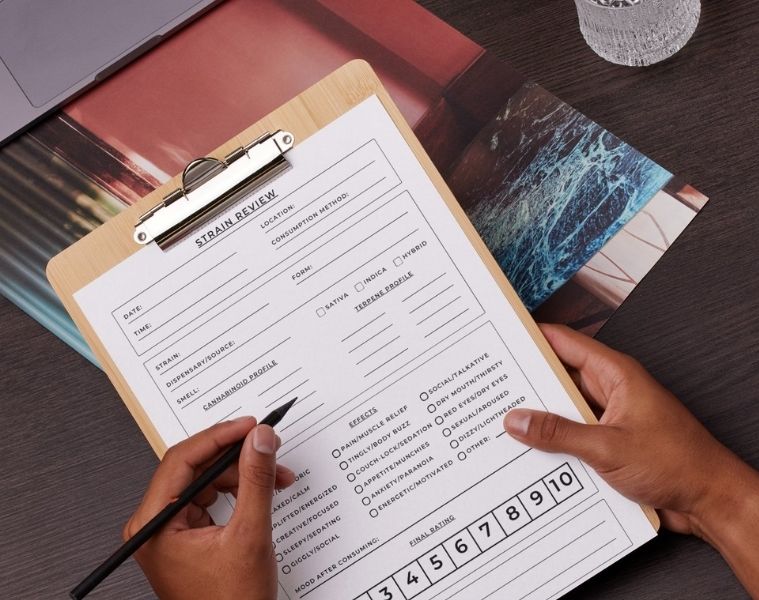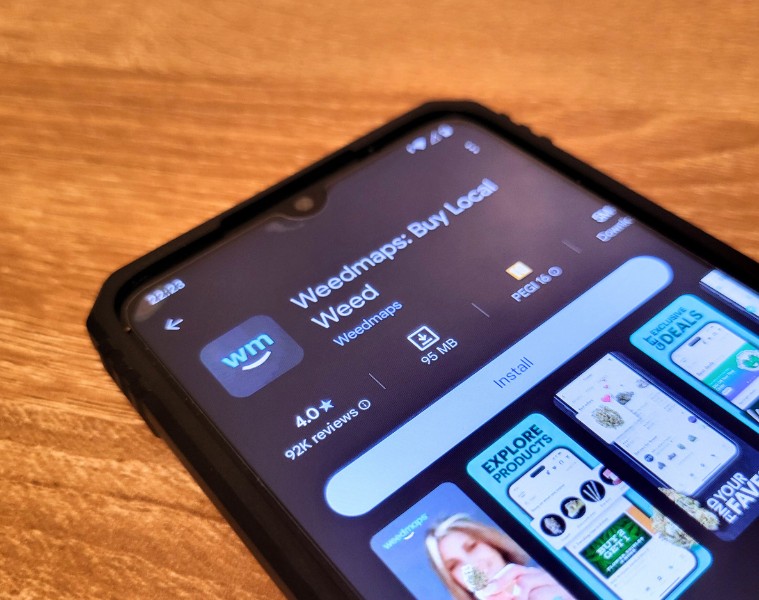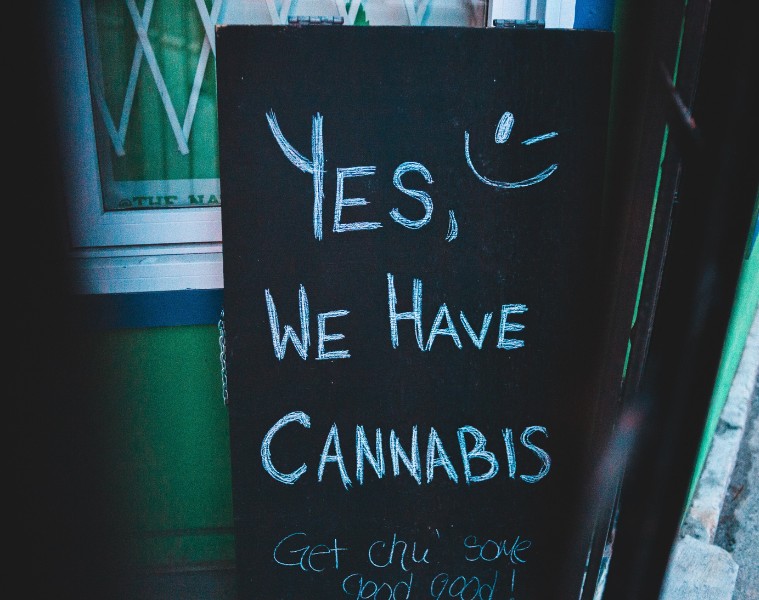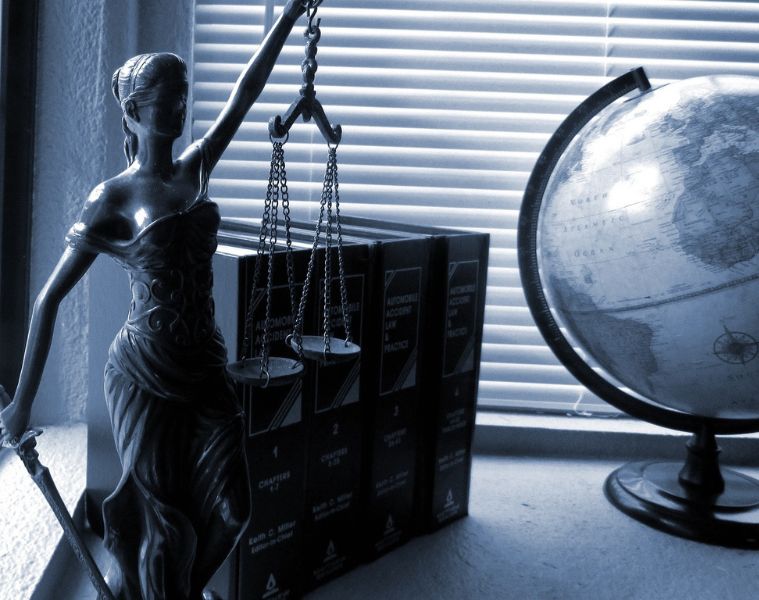Buying CBD Abroad? Here’s How to Check If It’s Safe
This guide will help you spot safe, high-quality CBD products abroad, allowing you to shop confidently and avoid risky options.
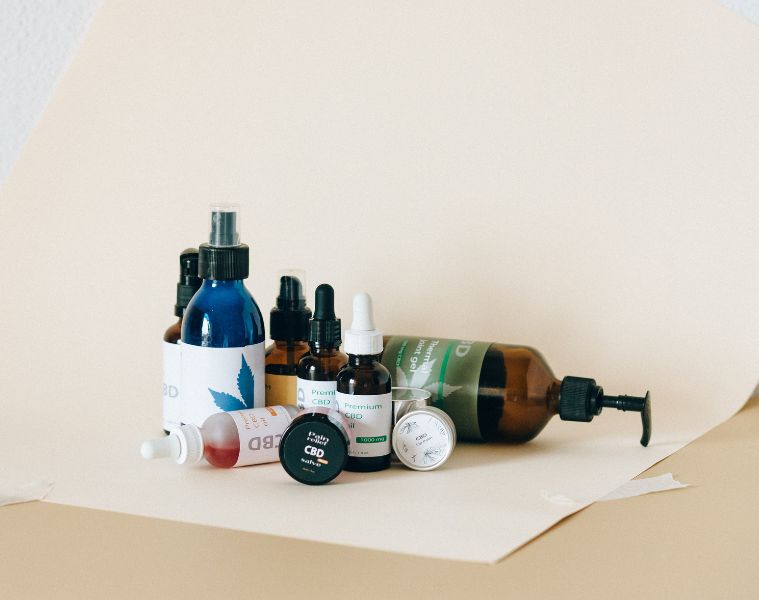
Whether you're overseas trying CBD for the first time or you regularly use CBD to support your overall wellness, choosing products that you know for sure have been properly tested is the only way you can guarantee you're getting a safe and high-quality CBD product.
Because the last thing you want to do is get duped by a dishonest company and waste your money on a mediocre product, or, even worse, have negative consequences for your health.
But there's no need to worry because, thanks to CBD third-party laboratory testing, we can avoid all of these worries.
In this article, I'm going to tell you everything you need to know about CBD third-party lab testing and why it's the most important thing you need to keep in mind when choosing a CBD product.
What Is CBD Third-Party Testing?
Third-party lab testing is when a CBD company sends a sample of one of its products to an independent laboratory for testing.
The third-party testing lab has no connection to the company selling the CBD product, and when the sample is tested, it's checked to ensure it's safe, potent, and free from any unwanted surprises.
Here's what they typically check for:
CBD & Other Cannabinoid Content
This confirms whether the product contains the stated amount of CBD and other cannabinoids (CBG, CBN, THC, etc.) listed on the label.
THC Levels
Checks if the THC content is within legal limits.
Pesticides
Screens for harmful chemicals that may have been used during cultivation.
Heavy Metals
Tests for lead, arsenic, cadmium, and mercury, which can sneak in through soil or processing.
Residual Solvents
Ensures that no leftover chemicals, such as butane, ethanol, or propane, from the extraction process remain in the product.
Microbial Contaminants
Tests to find any mold, yeast, and bacteria.
Mycotoxins
Tests for toxic substances produced by mold and fungi that can be harmful if consumed.
Terpene Profile
Some labs also test for terpenes, the aromatic compounds that give cannabis its unique flavors and effects. If a CBD product claims to have calming or energizing effects, its terpene profile provides scientific validation of those properties.
Why This Is Good For Us
This testing process is perfect because it ensures the quality and safety of CBD products, giving users peace of mind that they're getting exactly what is advertised on the label.
These tests are also trustworthy because the CBD company is not affiliated with the manufacturer, allowing for an independent assessment of the product's quality, ensuring consumers that the product is safe and reliable.
Types of CBD Third-Party Lab Tests
Potency Tests
The potency test measures the concentration of cannabinoids in a CBD product and determines whether the product contains the amount of CBD and other cannabinoids advertised on the label.
Pesticide and Chemical Residue Tests
The pesticide and chemical residue tests detect the presence of any contaminants, ensuring that CBD products that hit the market are safe for consumption and free from harmful substances.
Microbial Tests
Microbial tests detect the presence of harmful bacteria, fungi, or other microorganisms that can lead to foodborne illnesses or other infections. Microbial tests help ensure we're getting CBD products free from harmful microorganisms.
Heavy Metal Tests
Heavy metal tests detect the presence of harmful metals like lead, mercury, and cadmium. Exposure to these metals can have severe consequences for our health, including organ damage and cognitive impairment. Heavy metal tests can help ensure these CBD products are removed from the market.
Risks of Buying CBD Products Without Third-Party Lab Testing
Possibility of Contamination
Contaminants like heavy metals, pesticides, and residual solvents may be in CBD products that haven't been tested and cause problems like respiratory issues. Third-party lab testing can detect these contaminants, ensuring the CBD product doesn't hit the market.
Inaccurate Information on Product Labels
Because of the lack of regulation regarding the labeling of CBD products in many countries, a lot of CBD products in circulation are advertised incorrectly. This results in many products slipping into the market that don't possess the intended benefits or, worse, contain harmful contaminants. Third-party lab testing verifies the contents of CBD products, ensuring you receive what you are buying.
What To Look Out For
Ensuring you get safe, effective, and accurately labeled products is the most crucial step in your CBD journey.
Here's what to look for to ensure your CBD meets the highest standards.
The Certificate of Analysis (COA)
A Certificate of Analysis (COA) is proof that a product has been tested by an independent lab and actually contains what it claims.
Lab Transparency
A reputable CBD company will have its products tested by an accredited third-party lab. Look for ISO-certified labs like ProVerde, SC Labs, or CannaSafe.
Potency & Content
Some CBD companies can exaggerate what's on the label, so make sure the COA matches what's on the label, like the amount of CBD, the cannabinoid content, and THC content levels.
Purity
CBD is all about enhancing your well-being. Checking the COA will help you identify potential contaminants, such as pesticides, heavy metals, and other hazardous substances.
Additional Information
A COA should not be hidden behind golden gates; most companies want you to see their COA results because it adds to their marketing edge by establishing trust.
Here's how you can find the COA for a CBD product:
- Check The Packaging For A QR Code or Link
- Contact The Company Directly
- Asked For The Batch Number
- Visit The Brand Website
If You Can't Find the COA, Walk Away!
Final Thought
With all the options available, it is clear how poor-quality products can slip into the market. However, there's no need to worry because all you need to do is use CBD products from companies that provide a certificate of analysis from third-party testing labs, and you will be completely fine.




